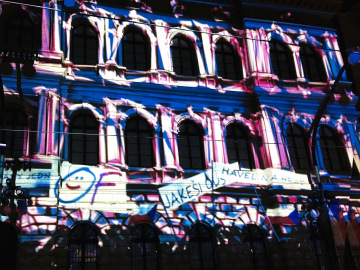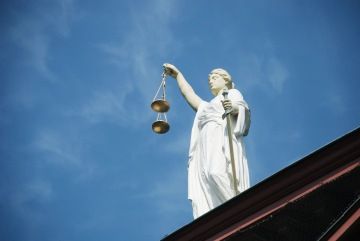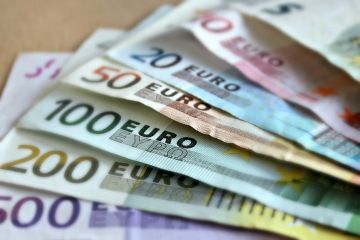
13. 1. 2022
The Virtual Notary
An important amendment to the Act on Notaries and their Work Activities (Notarial Procedures) entered into force. It aims at digitalization of notarial activities and protection against fraud relating to verification of signatures or notary deeds. The most significant changes are:
Electronic Notary Deeds
The first novelty is distant execution of notary deeds (with the exemption of inheritance and family matters). Instead of coming to the notary office in person, the meeting can take place virtually through videoconference of the participants. The identification of the involved persons will be done using recognized means of electronic identification, e.g. bank identity, e-ID. The participants will then sign the electronic notary deed with their recognized electronic signatures, the notary with his qualified electronic signature.
This option in combination with the direct registration of changes in the commercial register by the notaries enables the establishment of a company or corporate changes within the company fully on-line.
Verification of Electronic Signatures
Traditionally, verification of signatures is made in person in front of a notary. Now, also electronic signatures may be notarially verified without the need to be physically present in the notarial office.
Further, if requested, the notary can affix to his verification clause a statement confirming that the signatories are actually entitled to act on behalf of the signing entity. This statement is based on a check of the entries in the commercial register.
Register of Verified Signatures and Collection of Deeds
One of the new tools for avoidance of faking verification of signatures is the so called Register of Verified Signatures, which records all entries of notarially verified signatures in the Czech Republic. The second newly established list is the Collection of Deeds containing information regarding all notary deeds drawn up in the Czech Republic. The data regarding verification of a signature such as which notary verified the signature as well as data regarding the notary deed, e.g. which notary has drawn up the notary deed, the participants, date of execution, subject-matter, can be checked by anybody via remote access by simply using a QR code. However, the content of the notary deed itself will not be publicly accessible.
Apostillation
All notarial documents that require an apostille when used abroad shall be apostilled by the Notarial Chamber of the Czech Republic instead of the Ministry of Justice. As the apostillation is performed by branch offices of the Notarial Chamber in seven different cities in the Czech Republic, they are much easier to access by entrepreneurs from all over the country than the sole Prague office of the Ministry of Justice.
The amendment of the Act on Notarial Procedures significantly simplifies the process of establishment and corporate changes of all companies without the need to visit a notary office. Also the introduction of the Register of Verified Signatures and the Collection of Deeds, which allow for a check of the authenticity of notary deeds and verification clauses through a publicly accessible database, are positive changes which help to prevent fraudulent transfers of companies or real estates.
By Mgr. Denisa Molnár
Download
Neuigkeiten & Publikationen
Bratislava Office Closed on November 17!
Our law firm considers November 17 a significant symbol of the values on which not only the rule of law is built, but also the very practice of free advocacy.
Great Success at the European Court of Human Rights!
Giese & Partner was successful with its complaint to the European Court of the Human Rights.
Court Clarifies Transfer Pricing Cost Requirements
Czech Supreme Administrative Court upholds transfer pricing adjustment against for excluding material costs from profit markup calculations. Court confirms legal ownership creates inherent risks requiring compensation, even in contract manufacturing arrangements.


